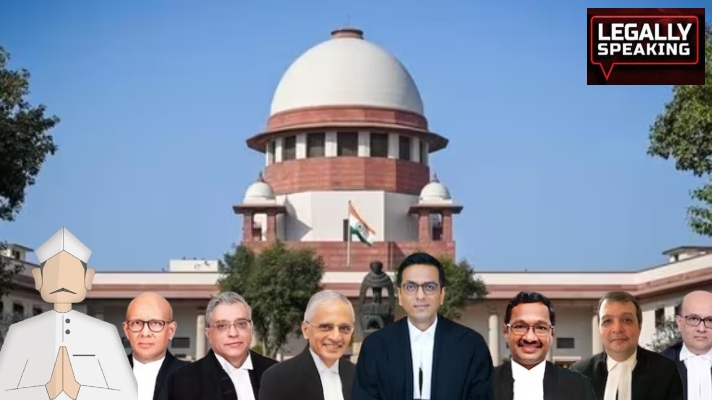Led by Chief Justice Dhananjaya Y Chandrachud, the bench clarified that MPs and MLAs could no longer claim immunity for accepting bribes to influence their actions in Parliament or state legislatures. The unanimous decision emphasized that such actions contravene the principles of public integrity and democratic governance.
The bench highlighted that bribery constitutes a distinct offense, separate from legislative duties, and cannot be protected under Articles 105 and 194 of the Constitution, which grant immunity for parliamentary proceedings. It emphasized that bribery’s criminality is independent of the actual performance of the agreed-upon action, crystallizing upon the exchange of illegal favors.
The decision to revisit the 1998 ruling stemmed from a case involving former Jharkhand assembly member Sita Soren, who allegedly accepted bribes for a vote in the Rajya Sabha elections. The earlier ruling had protected lawmakers who voted or asked questions after accepting bribes but did not shield those who received bribes but did not follow through with their commitments.
The government argued for the annulment of the 1998 judgment, asserting that bribery outside legislative chambers falls under the purview of the Prevention of Corruption Act and should not enjoy parliamentary immunity. It suggested alternative mechanisms, such as an in-house committee, to monitor legislative conduct.
While opposing a review of the 1998 judgment, some legal experts argued that legislative privileges should not shield lawmakers from criminal prosecution, emphasizing the need to uphold the rule of law and combat corruption effectively.





